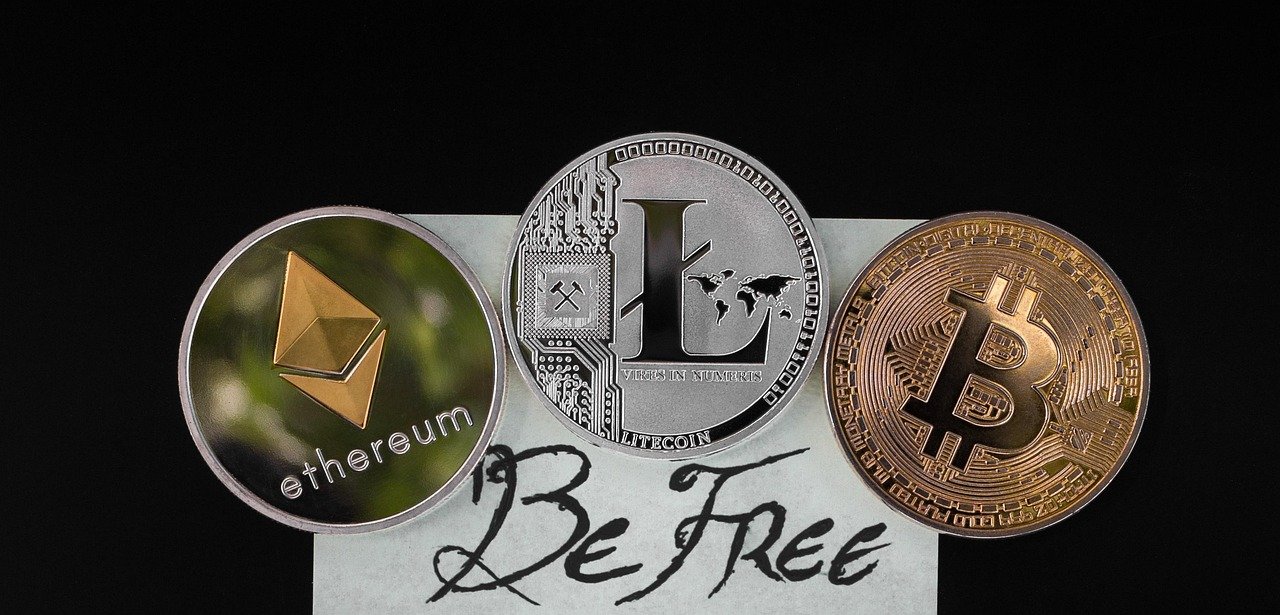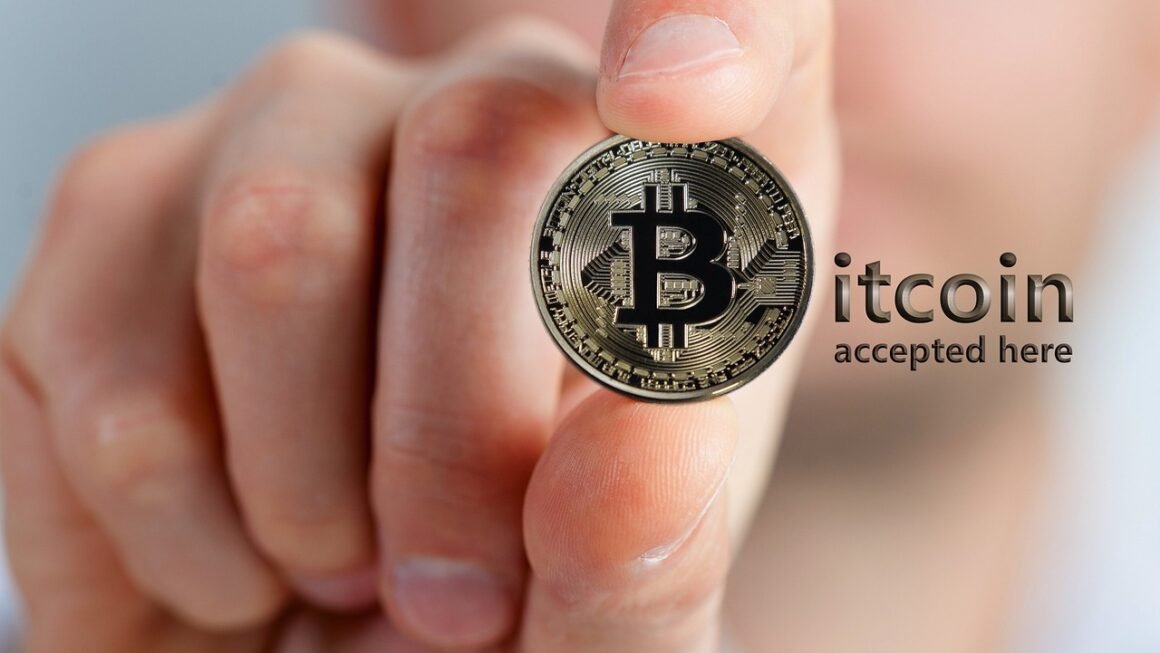Imagine a world where your financial transactions were as private as handing cash to someone – no paper trail, no prying eyes. Privacy coins aim to bring this level of confidentiality to the digital realm, offering a way to transact securely and anonymously using cryptocurrencies. But how do they work, and what are the implications of their increasing popularity? Let’s delve into the world of privacy coins and uncover their secrets.
What are Privacy Coins?
Privacy coins are a type of cryptocurrency designed to obscure transaction details, such as the sender, receiver, and amount transacted. Unlike Bitcoin, where transaction details are publicly available on the blockchain, privacy coins employ various technologies to enhance user anonymity. This enhanced privacy can be attractive to users concerned about surveillance, data security, and financial confidentiality.
Distinguishing Features from Bitcoin
Bitcoin, while often perceived as anonymous, is actually pseudonymous. Transactions are linked to public keys, which, with enough analysis, can potentially be traced back to an individual. Privacy coins, however, aim to break this link by:
- Masking the sender’s and receiver’s addresses
- Hiding the transaction amount
- Making it difficult to trace the flow of funds
Key Technologies Behind Privacy
Several innovative technologies are used to achieve the privacy features of these cryptocurrencies. Here’s a look at some of the most prominent:
- Ring Signatures: Used by coins like Monero (XMR), ring signatures allow a transaction to be signed by one member of a group (the “ring”) without revealing which member actually signed it. This effectively hides the sender’s identity.
Example: Alice wants to send XMR to Bob. She uses a ring signature that includes her key and the keys of several other Monero users. To an outsider, it appears that any of these individuals could have made the transaction.
- zk-SNARKs (Zero-Knowledge Succinct Non-Interactive Argument of Knowledge): Implemented by Zcash (ZEC), zk-SNARKs allow a party to prove they possess certain information without revealing the information itself. In the context of cryptocurrency, this means verifying that a transaction is valid without disclosing the sender, receiver, or amount.
Example: A Zcash transaction can prove that Alice has sufficient funds to send to Bob and that the transaction adheres to the network’s rules, without revealing Alice’s address, Bob’s address, or the amount being sent.
- Stealth Addresses: These are one-time addresses generated for each transaction, making it difficult to link multiple transactions to the same user.
- CoinJoin: This involves combining multiple transactions from different users into a single transaction, making it harder to trace the origin of funds.
The Benefits of Using Privacy Coins
The appeal of privacy coins extends beyond simply hiding information. They offer a range of advantages that can be beneficial for various users.
Enhanced Financial Confidentiality
The primary benefit is, of course, enhanced financial privacy. Users can transact without fear of their financial activities being tracked or exposed, providing a sense of control over their personal data. This is particularly important for individuals operating in countries with strict financial regulations or those who simply value their privacy.
Increased Security
By obfuscating transaction details, privacy coins can make it more difficult for malicious actors to target individuals or businesses. If transaction history is hidden, it’s harder for thieves to identify potential victims with large cryptocurrency holdings.
Avoiding Censorship and Discrimination
In some cases, transparent blockchains can lead to censorship or discrimination based on transaction history. For example, a business might refuse to deal with someone whose funds originated from a disreputable source. Privacy coins can help prevent this type of discrimination by keeping transaction details confidential.
Supporting Freedom and Decentralization
Many proponents of cryptocurrency believe in financial freedom and decentralization. Privacy coins play a role in this vision by empowering individuals to control their financial data and transact without the oversight of centralized authorities.
Challenges and Controversies Surrounding Privacy Coins
Despite their benefits, privacy coins face several challenges and are often subject to controversy.
Regulatory Scrutiny
The enhanced privacy features of these coins have attracted the attention of regulators around the world. Concerns include their potential use for illicit activities such as money laundering and terrorist financing. Some jurisdictions have even banned or restricted the use of privacy coins, leading to delistings from major cryptocurrency exchanges.
- Example: In 2020, several major exchanges delisted privacy coins like Monero, Zcash, and Dash to comply with stricter regulations.
Scalability and Performance
Some privacy-enhancing technologies, such as zk-SNARKs, can be computationally intensive, leading to slower transaction times and higher fees compared to non-private cryptocurrencies. This can hinder their widespread adoption.
Complexity and Usability
Using privacy coins can be more complex than using Bitcoin or other mainstream cryptocurrencies. Setting up wallets, understanding the different privacy features, and managing transaction settings can be challenging for novice users.
Development and Research
The ongoing development and research into privacy-enhancing technologies are crucial for the long-term viability of privacy coins. However, these projects often face funding challenges and require specialized expertise.
Choosing the Right Privacy Coin
Selecting the right privacy coin depends on individual needs and priorities. Here’s a guide to help you make an informed decision:
Evaluate Your Privacy Needs
- Level of Privacy: Some privacy coins offer stronger privacy features than others. Consider how much anonymity you require. Zcash, with its optional shielded transactions, allows users to choose the level of privacy they desire.
- Trade-offs: Understand the trade-offs between privacy, scalability, and usability. Some coins prioritize privacy at the expense of speed or ease of use.
Research Coin Technology and Security
- Underlying Technology: Familiarize yourself with the technology used by the coin. Understand the strengths and weaknesses of different privacy mechanisms.
- Security Audits: Check if the coin has undergone security audits by reputable firms. This can help identify potential vulnerabilities.
Consider Community and Development Activity
- Active Community: A strong and active community is a good sign of a healthy project.
- Development Activity: Look for coins with ongoing development and a dedicated team working on improvements and bug fixes.
Diversification is Key
- Just as with any investment, it’s wise to diversify your portfolio and not put all your eggs in one basket. Consider exploring different privacy coins to find the best fit for your specific requirements.
Conclusion
Privacy coins represent an important step towards greater financial autonomy and security in the digital age. While they face challenges related to regulation, scalability, and usability, their potential to protect individual privacy remains significant. As the cryptocurrency landscape evolves, understanding the nuances of privacy coins is crucial for anyone seeking to navigate the world of digital finance with greater control and confidentiality.



